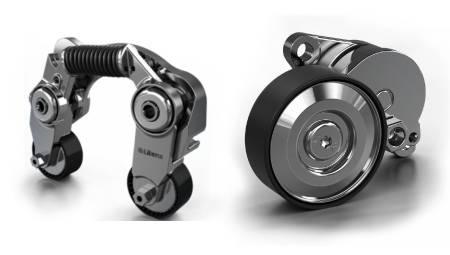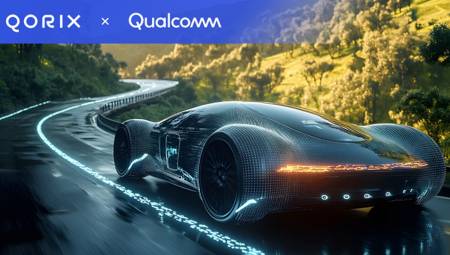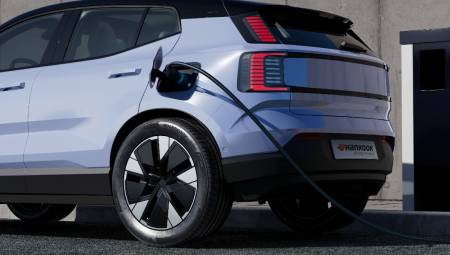International. According to a newly released report by Fact.MR, the global automobile manufacturing market is estimated to reach a value of $2,794.56 billion by 2024.
This market is projected to grow at a CAGR of 8.7% between 2024 and 2034.
The growing need for vehicles in modern life has fueled the skyrocketing growth of the automotive sector. The versatility of automobiles continues to contribute to their demand around the world, from metropolitan areas to rural communities. This increase in demand is mainly due to the wide range of industries that rely on vehicles.
While personal mobility remains its primary application, the industry has expanded into specialized areas, such as emergency services, commercial logistics, and mobile business operations. The growing middle class is driving demand for both personal and commercial transportation, supporting strong growth in high-potential countries.
In addition, the integration of technology in the automotive sector, such as electric vehicles and autonomous systems, has further increased demand. Industries from agriculture to healthcare are increasingly reliant on specialized vehicles, while the rise of e-commerce has skyrocketed the need for delivery vehicles. This multi-sector-driven growth shows no signs of slowing down, as cars continue to adapt to new functions and applications in an ever-evolving global economy.
Key forecasts from the market study:
- The automobile manufacturing market is expected to reach a value of $6,457.67 billion by 2034.
- The market in South Korea is projected to grow at a rate of 10.33% CAGR between 2024 and 2034.
- The East Asia market is estimated at $2,914.98 billion by the end of 2034.
- In North America, Mexico is projected to advance at a CAGR of 5.1% through 2034.
- Car sales are projected to increase at a CAGR of 9.3% from 2024 to 2034.
- In Oceania, market growth is expected at a 7.5% CAGR through 2034.
Major players in the automobile manufacturing industry, such as TATA Motors, Mahindra & Mahindra, Bajaj Auto, General Motors, Hyundai Motor Limited, Ford, Jaguar Inc., BYD Auto, Eicher, and Volkswagen, are constantly investing in research and development (R+D) activities to improve vehicle components and meet growing technological demands.
The industry is undergoing a radical transformation, driven by advances such as advanced driver assistance systems (ADAS), which improve safety, and electric vehicles (EVs), which attract environmentally conscious consumers with greater range and fast charging times. Modern vehicles are becoming mobile technology hubs with smart connectivity features, including over-the-air updates, smartphone integration, and built-in AI assistants.
In addition, commercial vehicles are also adopting advanced technologies, such as automated logistics systems and efficient fleet management. With the implementation of sustainable materials and responsible production techniques, manufacturers are adapting their models to the needs of both environmentally conscious businesses and consumers. These advancements are redefining the way we use and view cars in daily life.















